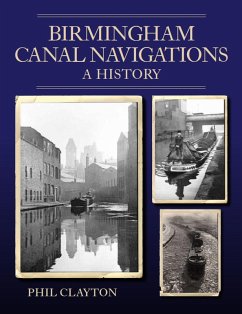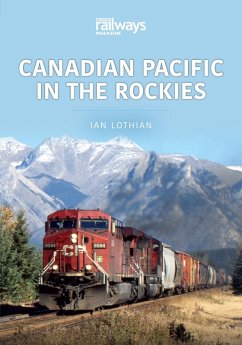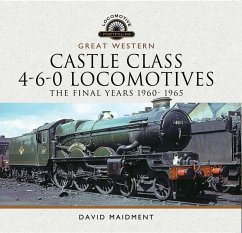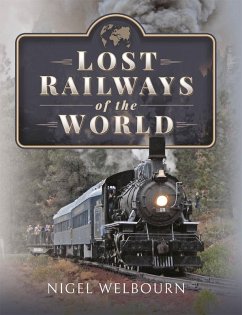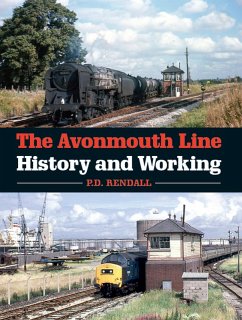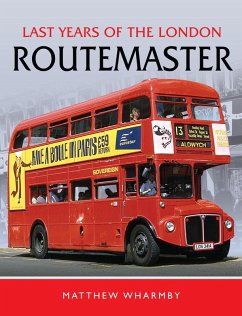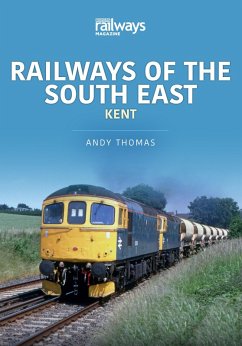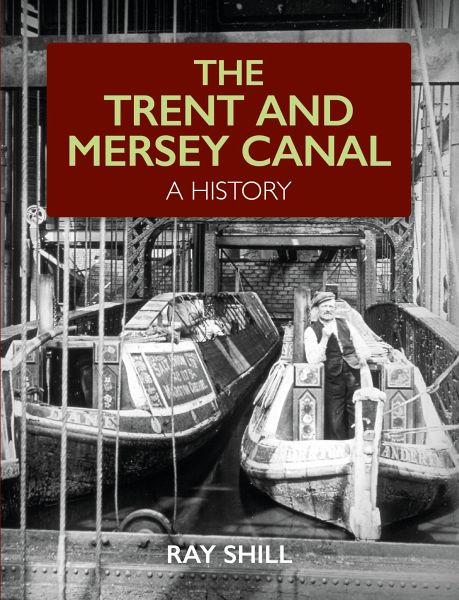
The Trent and Mersey Canal (eBook, ePUB)
A History

PAYBACK Punkte
0 °P sammeln!
The Trent and Mersey Canal first came into use in 1777. A vital transport link for the industries of the midlands - indeed Josiah Wedgewood of the pottery was an early supporter - it carried coal, ironstone, limestone merchandise, pottery and salt. Despite the arrival of the railways and subsequently motorways, the carriage of freight continued up until 1970. After inevitable decline, various restoration programmes have been undertaken and the waterway is now popular with boaters. A working waterway for 250 years, the need to adapt to changing transport needs has been a constant factor in this...
The Trent and Mersey Canal first came into use in 1777. A vital transport link for the industries of the midlands - indeed Josiah Wedgewood of the pottery was an early supporter - it carried coal, ironstone, limestone merchandise, pottery and salt. Despite the arrival of the railways and subsequently motorways, the carriage of freight continued up until 1970. After inevitable decline, various restoration programmes have been undertaken and the waterway is now popular with boaters. A working waterway for 250 years, the need to adapt to changing transport needs has been a constant factor in this canal's history. With over 100 archive and present-day photographs, maps and plans, the book describes the need for the canal and the key personnel who were involved in its inception. Engineering and constructions of the canal and its branches are looked at in detail along with further improvements to the canal and how these boosted trade. A century of ownership by railway companies, subsequent nationalisation and later decline is discussed. The book also looks at the people who lived and worked on the canal. Finally, restoration, rejuvenation and the future of the canal is covered.
Dieser Download kann aus rechtlichen Gründen nur mit Rechnungsadresse in A, B, BG, CY, CZ, D, DK, EW, E, FIN, F, GR, H, IRL, I, LT, L, LR, M, NL, PL, P, R, S, SLO, SK ausgeliefert werden.




